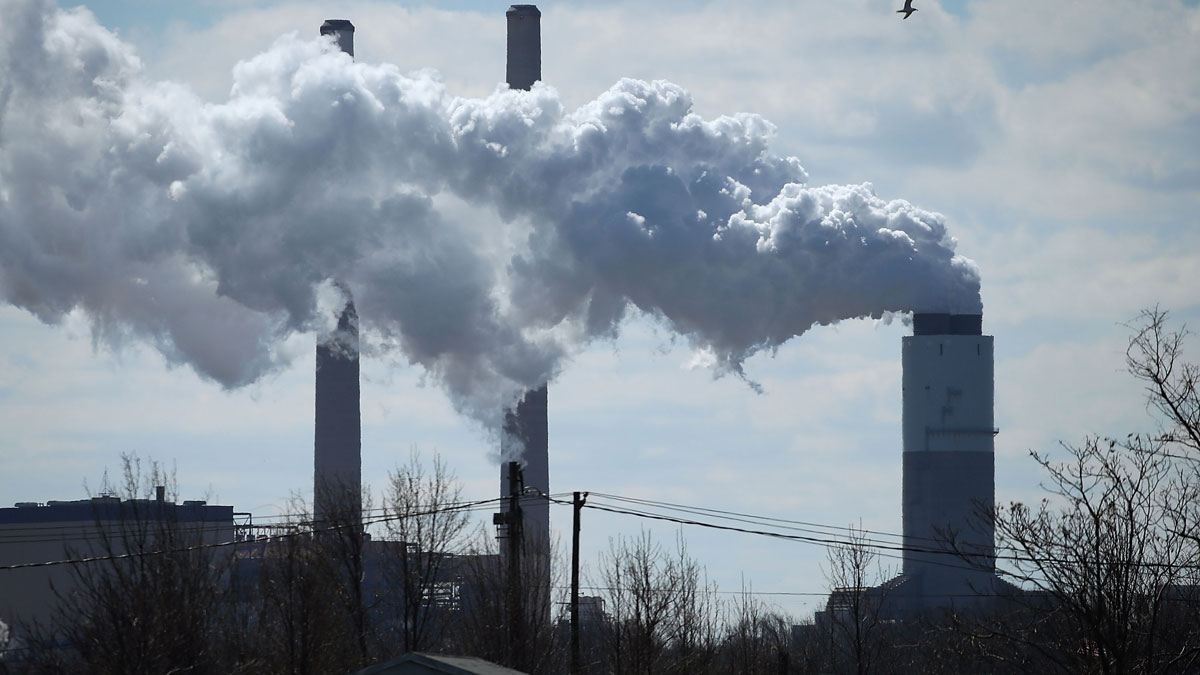An environmental group sued President Donald Trump's administration Thursday to make officials move more quickly to protect the Pacific Northwest's endangered orcas.
The recent grieving of one whale for her dead calf and scientists' extraordinary attempts to save another from starvation highlight the urgency of their plight, the Tucson, Arizona-based Center for Biological Diversity said as it filed the lawsuit in U.S. District Court in Seattle.
There are just 75 orcas remaining in the Pacific Northwest population, the lowest number in 34 years. They're struggling with a dearth of chinook salmon, their preferred prey, as well as toxic contamination and vessel noise.
The lawsuit says the National Marine Fisheries Service has failed to act on the center's 2014 petition to expand habitat protections to the orcas' foraging and migration areas off the coasts of Washington, Oregon and California — even though the agency agreed in 2015 that such a move was necessary.
The center says the protections would help reduce water pollution and restrict vessel traffic that can interfere with the animals.
"Time is running out fast for these magnificent, intelligent orcas," Catherine Kilduff, an attorney with the organization, said in an emailed statement. "It's heartbreaking to watch them starving to death and mourning their dead calves. Every day that Trump's people delay action is a step toward extinction for these whales."
The three orca pods that make up the so-called southern resident population have not successfully reproduced since 2015. One orca, known as J35, drew international attention as she carried her dead newborn on her head for more than two weeks — covering more than 1,000 miles (1,600 kilometers) — in a vain effort to help it live and breathe. She finally dropped the decomposing calf and returned to feeding and frolicking with her pod.
U.S. & World
Another killer whale, 4-year-old J50, is so emaciated that researchers have taken unprecedented efforts to save her, injecting her with an antibiotic dart and dropping live salmon from a boat into the water in front of her. They didn't see her take any of the fish, and the pod has moved to open water off Vancouver Island, delaying any further intervention.
Michael Milstein, a spokesman for NOAA Fisheries, said Thursday the agency agrees the situation for the orcas is dire.
"We continue to work hard to protect and support the recovery," Milstein said.
The orcas that return to Puget Sound every summer are genetically distinct from other killer whale populations around the world and differ from some of the others in eating primarily salmon, rather than seals or other marine mammals.
They were listed as endangered under the Endangered Species Act in 2005 after the center sued to get the status.
The following year, the fisheries service designated the inland waters of Washington state as critical habitat. The designation means federal agencies must ensure that activities they pay for, permit or carry out do not harm the habitat.
Nevertheless, the orcas' population has remained dangerously low, increasing the risk of inbreeding, which could further hurt their long-term survival.
In 2014, the center filed a petition seeking the critical habitat designation for an area from the northwest tip of Washington to Point Reyes, California, out roughly 47 miles (76 kilometers).
The agency accepted the petition and said it intended to develop and publish a rule for public comment in 2017, but none has been offered.
Milstein said in an email the work continues: "This effort involves the analysis of recent information about the ecology and behavior of southern resident killer whales."
On its website, the agency also said it must consider the benefits and impacts, including to the economy and national security, of designating particular areas.



